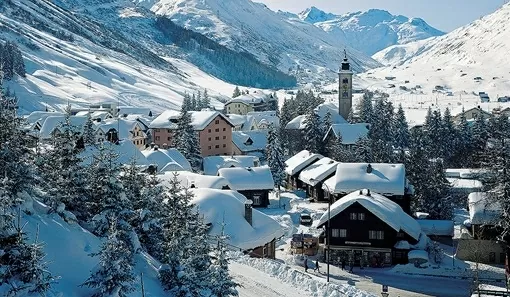 |
| The Swiss ski village of Andermatt. (Source: Getty) |
Escalating global tariff tensions and the changing political landscape in the US under President Donald Trump have led many Americans to consider alternative investment options.
Russell Collins, chief commercial officer of real estate developer Andermatt Swiss Alps AG, said that over the past 18 months the company has seen a marked increase in interest and transaction volumes from US-based buyers in Andermatt.
The number of real estate inquiries in the region tripled in the first quarter of 2025 compared to the same period last year, and the number of transactions or reservations in the first three months of this year was double the total number of transactions from US-based customers last year.
“Considering that in 2023 we had no buyers in Andermatt from the US, this increase is significant,” he added.
Professor António Alvarenga, Professor of Strategy and Entrepreneurship at Nova School of Business and Economics , noted that the move could indicate that US investors are trying to diversify their assets with real estate denominated in francs and euros.
The flexibility and ease of remote work have also contributed to the trend of moving abroad in search of a better lifestyle. Many high-net-worth individuals are able to work from home or move their businesses to resorts, said Graham Hill, a real estate consultant at Find Hokkaido Agents.
The trend of remote work has created a new dynamic, allowing many dual-income couples to move out of urban areas, enabling them to choose to live and work in resorts, even if both have separate jobs or careers.
While moving to a Swiss ski village may seem like an attractive solution, in the current geopolitical climate this trend could still face challenges such as US tax laws.
U.S. citizens are taxed on their income regardless of where they live, says Stewart Koesten, MSFS, president of Aspyre Wealth Partners. So if an American moves to Switzerland and then earns income as a freelancer or business owner, their income from both the U.S. and Switzerland will be taxed.
Mr Koesten also pointed out that if the full extent of Mr Trump’s tariffs were to take effect after the current 90-day pause, they would likely hit global stock prices and also push up interest rates. US bonds could also be negatively affected, especially if investors start to sell off US government bonds.
So even if they move to Switzerland, Americans who still have assets back home may not be completely immune to the effects of Mr Trump’s policies. Likewise, if these tariffs cause a severe recession in the US, it could well spill over into a global recession, and Switzerland would be no exception.
So, Andrew Fortune, a real estate expert with Great Colorado Homes, notes that moving to Switzerland can certainly help Americans mitigate the impact of tariffs and other U.S. market uncertainties, but it is not a complete escape from global economic fluctuations or U.S. tax liability.
However, investing in Swiss real estate or building additional assets abroad is a smart way to diversify your finances, he said, and it helps reduce the direct impact of any country's policies, including those of the United States. That's why this approach is becoming increasingly attractive to many Americans.
Source: https://baoquocte.vn/ne-thue-quan-cua-ong-trump-nha-dau-tu-my-de-mat-den-bat-dong-san-thuy-sy-312845.html










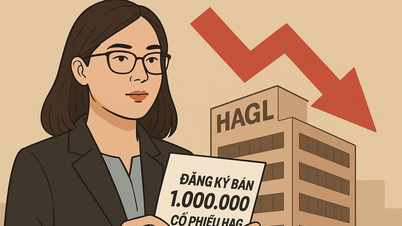

















































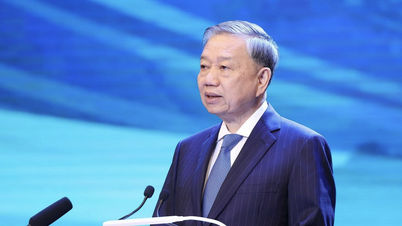











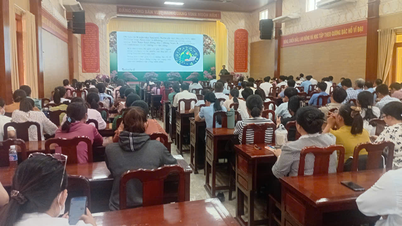



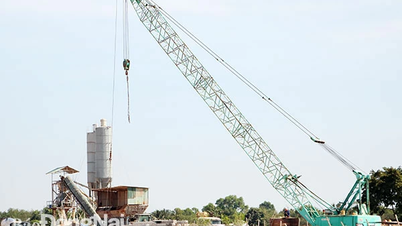

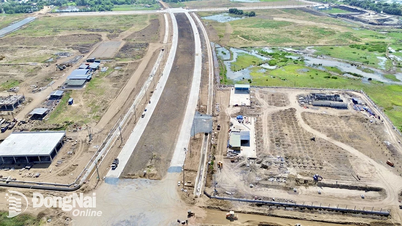
















Comment (0)